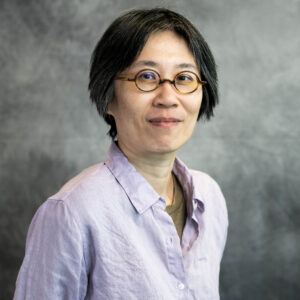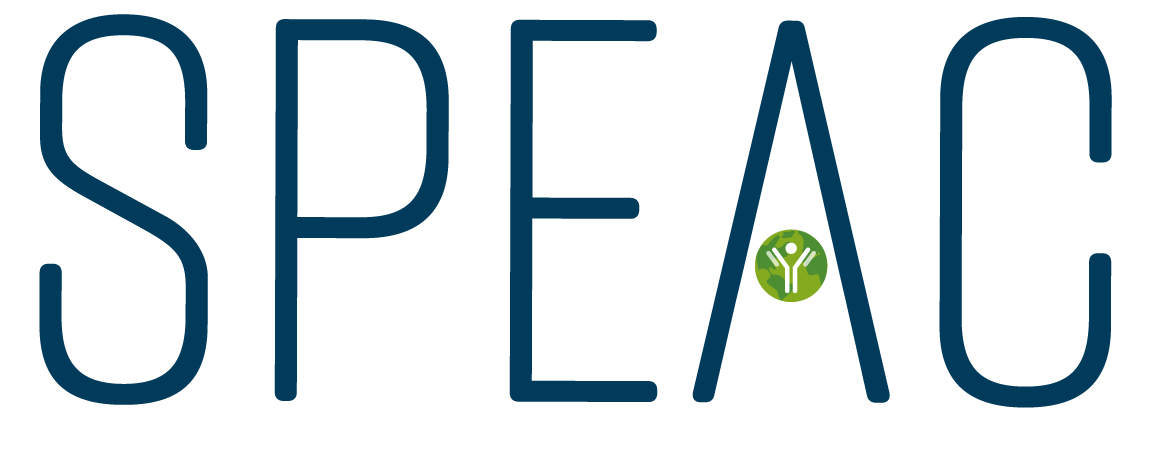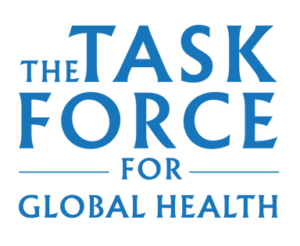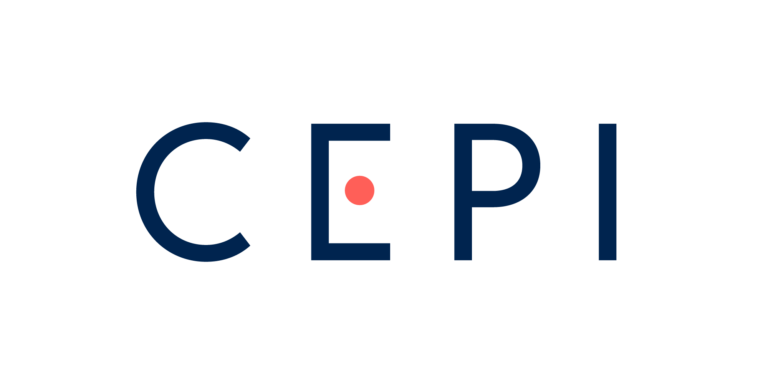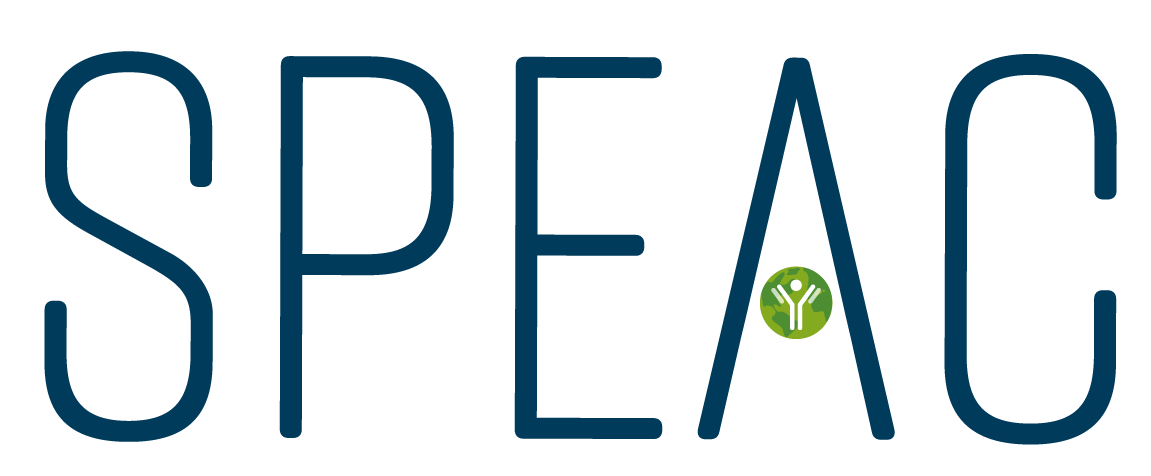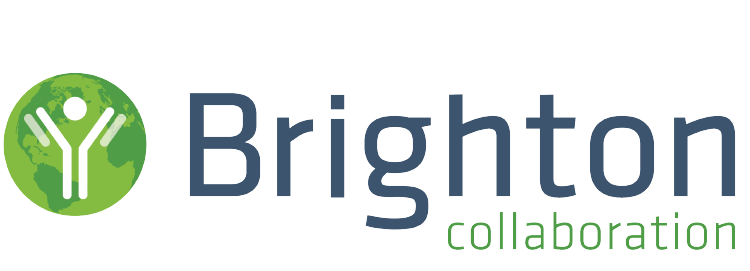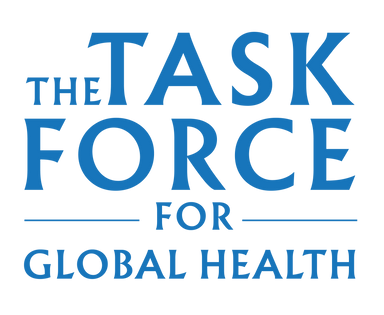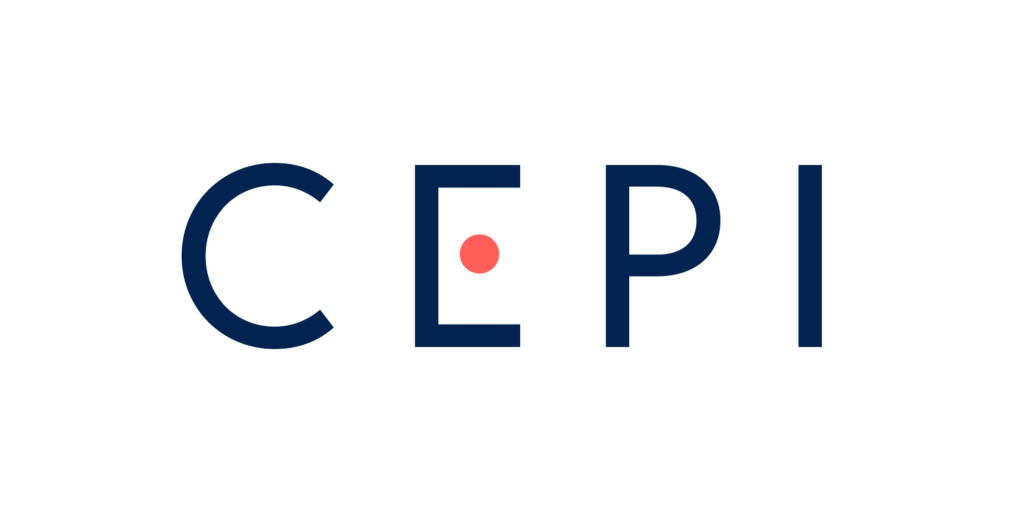While Dr. Manu Chaudhary was pursuing her medical degree, she was involved in India’s Pulse Polio immunization program. As a physician in training, she conducted door-to-door vaccinations and counseled vaccine-hesitant parents about the benefits and safety of vaccines.
Now a pediatric infectious disease specialist, Dr. Chaudhary has worked in various hospitals, evaluating pediatric health challenges and providing care to critical care and transplant patients, for whom immunization decisions require specific considerations regarding vaccine immunology, timing, and potential side effects.
“There is an urgent need in my country for specialized knowledge in vaccine safety and post-licensure activities and more equitable policy-making,” she says.
Women in science still face barriers— UNESCO reports that women represent less than 30% of researchers worldwide. Women in biomedical science receive less pay, fewer promotions, and less grant funding, and their publications receive fewer citations. The field of pharmacoepidemiology is no exception among the many fields where gender disparity is present in authorship.
Women working on vaccine safety are pushing through barriers to advance their field and reduce vaccine hesitancy through data-driven science. Dr. Chaudhary works with a team of international vaccine safety experts on the Safety Platform for Emergency vACcines (SPEAC) project. SPEAC is a project of the Task Force’s Brighton Collaboration program, funded by the Coalition for Epidemic Preparedness Innovations (CEPI), which provides vaccine safety tools, resources, and expertise throughout the vaccine development process.
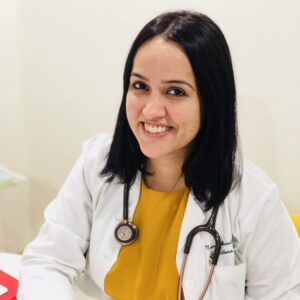
SPEAC project members include women from six different countries who bring expertise in medical microbiology, infectious diseases, pharmacology, epidemiology, and more to the vaccine safety field. One member of the SPEAC team with extensive expertise is Dr. Barbara Law. A former pediatric infectious disease sub-specialist, she served as Canada’s Chief of Vaccine Safety for more than 10 years and has contributed to developing many Brighton Case Definitions for adverse events of special interest (criteria regarding events that occur after immunization). In her retirement, she continues to advance the vaccine safety field through her work with SPEAC, developing new tools and educational resources.
“If people aren’t confident in vaccine safety,” she says, “you can have the most effective vaccine in the world and they still won’t accept it.”
Dr. Esperança Sevene has seen the challenges of vaccine hesitancy in her country of Mozambique. She is one of only three pharmacologists in the country, where she serves as Coordinator of the Doctoral Program in Biosciences and Public Health at the Faculty of Medicine of Eduardo Mondlane University.
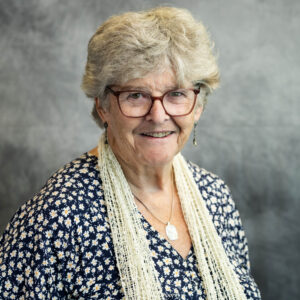
Until COVID-19 vaccines were introduced, Dr. Sevene says that Mozambique generally had a history of strong vaccine acceptance. She works with her students to understand the balance between vaccine benefits and risks, which resonates with students in a new way, now that they’ve lived through a pandemic.
“Some of the graduate students that I supervise are developing an interest in the vaccine environment, and I hope they can contribute to research in this area,” she says.
Taiwan Centers for Disease Control during the 2009 H1N1 outbreak. She found that their safety surveillance activities were successful in generating data, but that they struggled to build public confidence in the vaccine.
“We have to do due diligence in our scientific evaluation and communicate the data in a way that people understand and accept so that they get vaccinated,” she says.
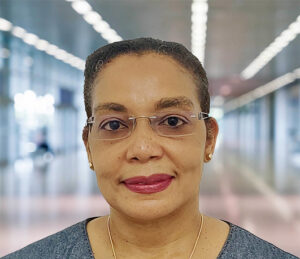
Now an adjunct instructor at the National Taiwan University Global Health Programme, Dr. Huang co-supervises students’ projects related to vaccine safety.
“I find it rewarding to connect with students and introduce them to the vaccine safety field so that they can pursue vaccine safety efforts in their own countries,” she says.
Dr. Chaudhary aims to continue her work in the vaccine safety field while working with patients in India.
“Collaborating with other SPEAC Executive Board members has been immensely educational and enriching,” says Dr. Chaudhary. “I’m eager to deepen my expertise in vaccine safety while making meaningful contributions to our collective goals.”
Related: Dr. Barbara Law, former pediatric infectious disease sub-specialist >
